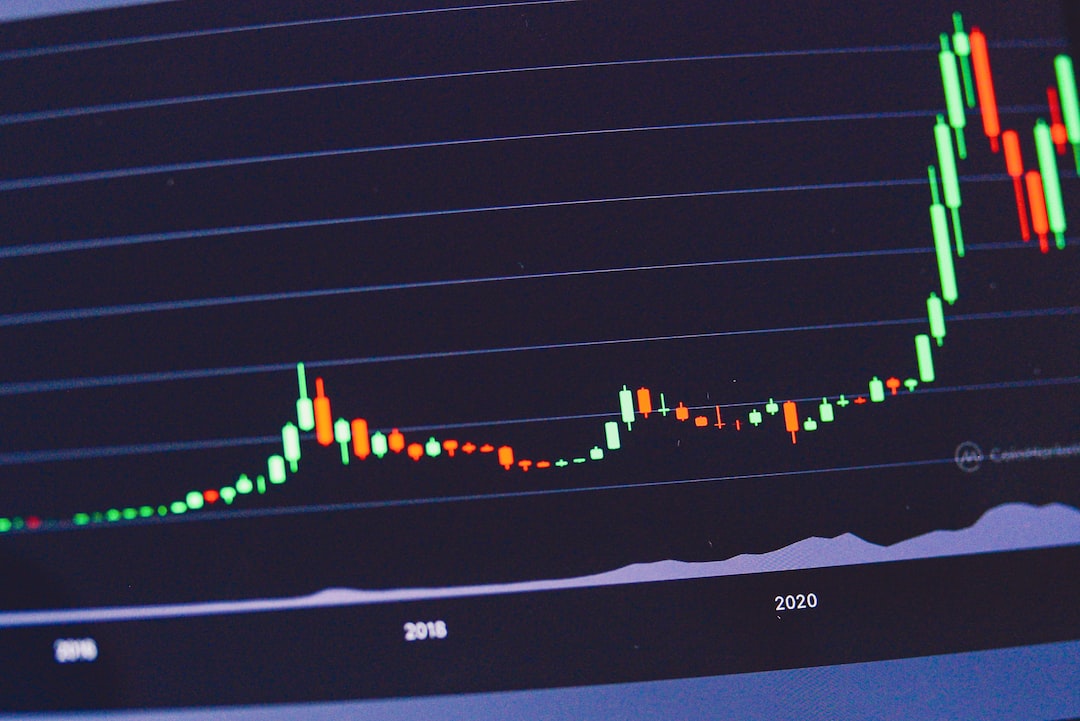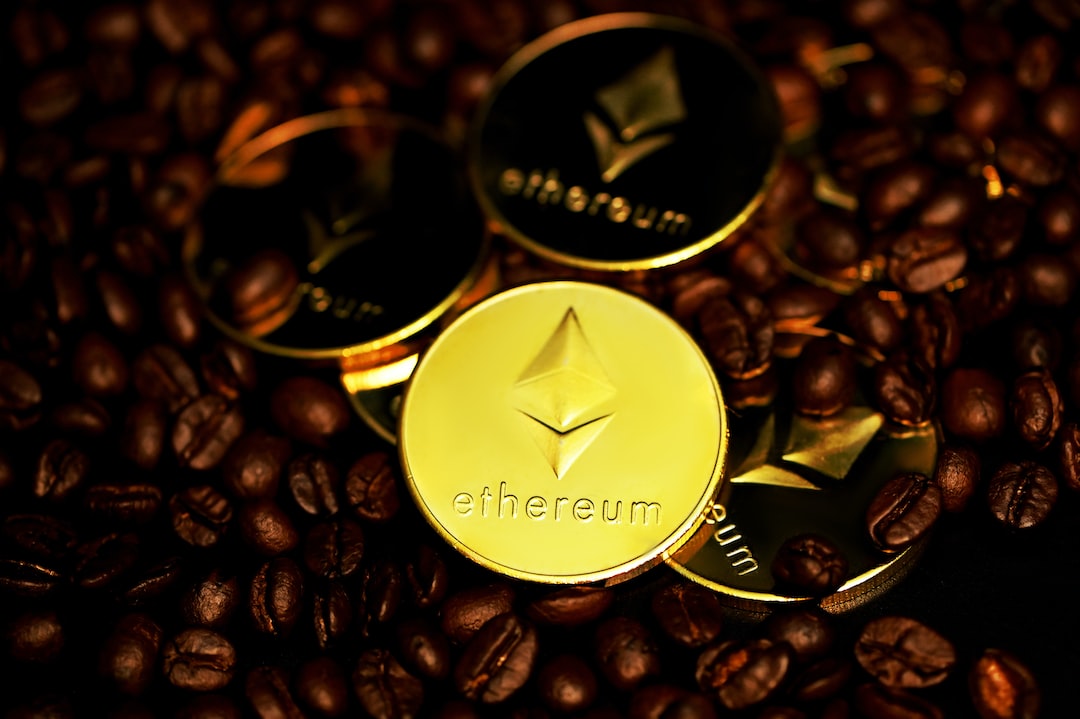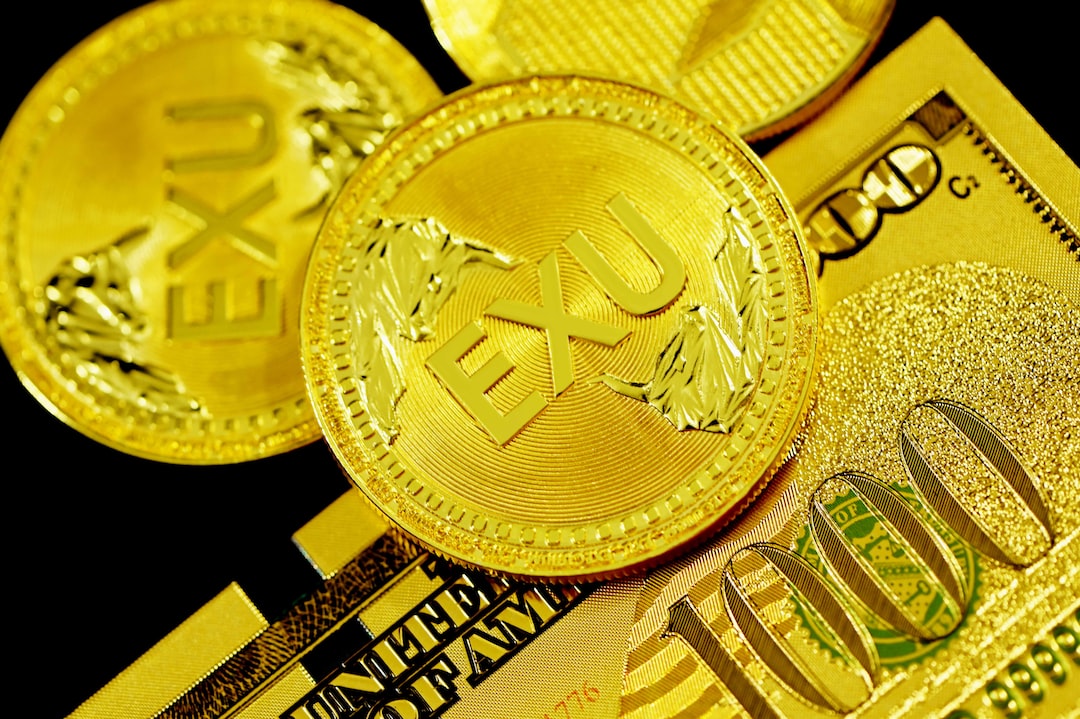The Proposal for KYC Requirements on Uniswap v4 Sparks Controversy
At the recent “ETHGlobal” event in New York, developers in the decentralized finance (DeFi) space proposed over 50 different hooks for the upcoming launch of Uniswap v4. However, one particular hook has caused controversy and anger within the community due to its introduction of KYC requirements for certain pools on the platform.
Many argue that KYC checks go against the permissionless nature of decentralized applications, as they allow regulators to control and whitelist specific addresses within DeFi. On the other hand, some believe that this approach could lead to a more regulated crypto industry, especially for exchanges on noncustodial platforms.
The Future Launch of Uniswap v4 with KYC Implementation
During the ETHGlobal event, which took place from September 22 to 24, discussions revolved around Uniswap v4 and its anticipated launch by the end of the year. Among the proposed hooks for this decentralized application, one stood out due to its inclusion of a KYC requirement for certain users.
A hook is essentially a tool that allows developers to customize code without fundamentally changing the program. While similar monitoring rules have been proposed in the DeFi space before, their introduction on the largest decentralized exchange (DEX) has raised concerns among proponents of decentralization.
The Pros and Cons of Implementing a KYC Hook
On one hand, implementing a KYC hook could be seen as a positive step towards international regulation and legitimization of Uniswap’s crypto business. However, there is a need for careful monitoring to ensure that these requirements do not apply to all users on the exchange platform.
If this were to happen, it could compromise the original vision of Uniswap as a decentralized masterpiece, transforming it into a “noncustodial centralized” exchange marketplace that is less efficient compared to custodial counterparts.
Hot Take: Striking a Balance between Regulation and Decentralization
The proposal for KYC requirements on Uniswap v4 has sparked a debate about the future of DeFi. While some argue that regulation is necessary for the industry’s growth and legitimacy, others emphasize the importance of maintaining decentralization and permissionless innovation.
Striking a balance between these two perspectives will be crucial in determining the direction of the DeFi industry. It remains to be seen whether Uniswap v4 will prioritize regulatory compliance or uphold its decentralized principles.





 By
By
 By
By

 By
By
 By
By
 By
By